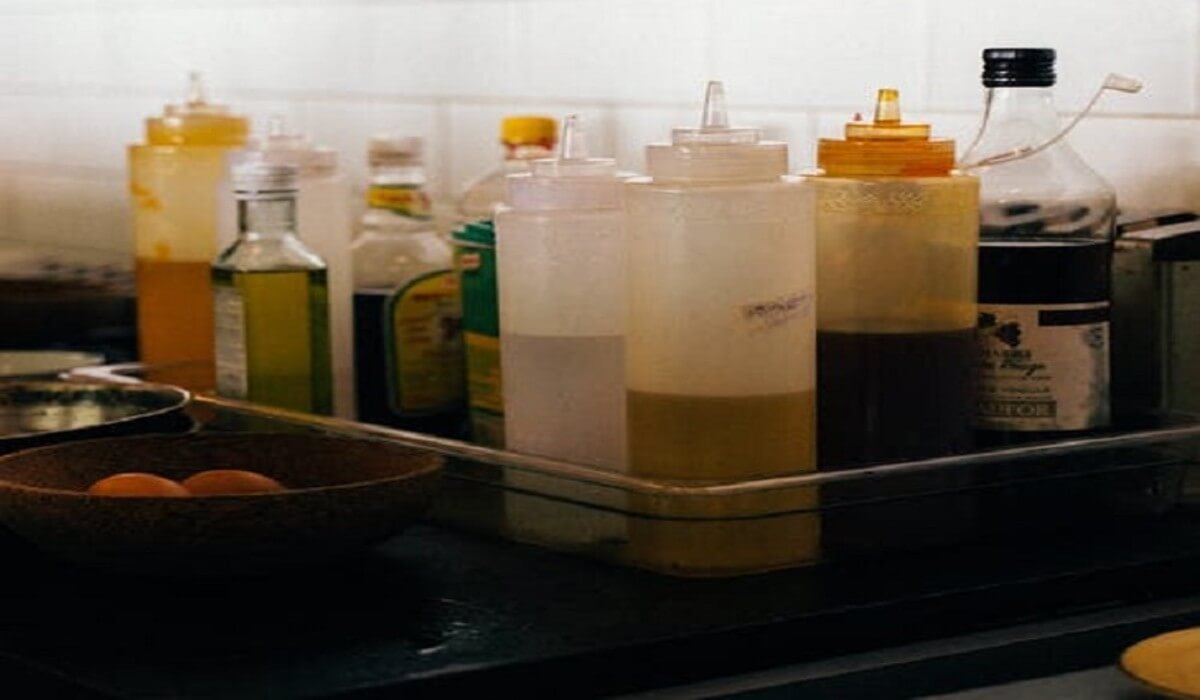Food storage is an important part of human existence and sustenance. As it stands, humans are not the only creatures who store food; various animals store food for their own survival too–squirrels store nuts underground while herbivores have stomachs adapted for regurgitating. At the end of the day, food storage is often the difference between having m meal choices and having absolutely nothing to eat.
Storing food also helps save money that would otherwise be spent on buying new food products because doing so enables us to preserve food or food items we can’t consume at the moment. However, different food items require different methods of food storage. A common way can we store food items is to place them in pantries. However, this solution doesn’t work for all food items and in this article, we will discuss four food items that should not be stored in cupboards.
Usually, when people crack open a bottle of wine but do not finish drinking it, they return it to the bar. However, bottles of red wine, once opened, should be stored in the fridge to maintain their flavor and quality. This is because when a bottle of wine is exposed to oxygen, it can lose color, flavor, and mouthfeel quickly while in some extreme cases, it could also turn to vinegar. So, store your red wine in a fridge to ensure that whenever you’re in the mood for a glass of some fermented juice, you always have a bottle handy.
Just like unrefined nut oils, cold-pressed oils can become rancid when exposed to oxygen. So, it is best to store them in the fridge as this will slow down the oxidation process and help retain their flavor and health benefits for a longer period.
Storing food also helps save money that would otherwise be spent on buying new food products because doing so enables us to preserve food or food items we can’t consume at the moment. However, different food items require different methods of food storage. A common way can we store food items is to place them in pantries. However, this solution doesn’t work for all food items and in this article, we will discuss four food items that should not be stored in cupboards.
Eggs (in the United States)

An Opened Bottle of Red Wine

Usually, when people crack open a bottle of wine but do not finish drinking it, they return it to the bar. However, bottles of red wine, once opened, should be stored in the fridge to maintain their flavor and quality. This is because when a bottle of wine is exposed to oxygen, it can lose color, flavor, and mouthfeel quickly while in some extreme cases, it could also turn to vinegar. So, store your red wine in a fridge to ensure that whenever you’re in the mood for a glass of some fermented juice, you always have a bottle handy.
Sesame Oil
Unrefined nut oils tend to go sour and lose their flavor once exposed to oxygen. So it is advisable to store your Sesame oil and other unrefined nut oils in the fridge. When it’s time to cook, you can then bring them out of the fridge and allow them to return to room temperature to get rid of any cloudy appearances.Cold-pressed oils

Just like unrefined nut oils, cold-pressed oils can become rancid when exposed to oxygen. So, it is best to store them in the fridge as this will slow down the oxidation process and help retain their flavor and health benefits for a longer period.